News Analysis
The battle lines for this year’s general election are increasingly revolving around two opposing views on foreign policy and America’s position in the world: an America that will increasingly focus on itself or one that embraces globalism.
The so-called Brexit referendum in the U.K. on June 23 was won by those who wanted more of an emphasis on their national identity, domestic economy, and to abandon the oversight from Brussels.
“The Trump campaign has been built in part as a reaction to globalization in immigration and trade reform,” said Edward Alden, Bernard L. Schwartz senior fellow at the Council on Foreign Relations, in a telephone interview.
Brexit has proven that those themes can resonate on a national level, and win.
Trump celebrated the Brexit victory by drawing a parallel between his candidacy and the objectives of Britain’s right-wing United Kingdom Independence Party (UKIP), both of which promised stronger borders and economic reform focused on bringing back domestic jobs.
“I think it’s a great thing that’s happened. It’s an amazing vote, very historic,” he said in Scotland while attending the reopening of his Turnberry golf course.
Trump echoed the statements by the U.K. leaders of the Brexit movement, saying that the vote allowed for the U.K. to “take their country back.”
He drew comparison to his own political campaign in the United States: “Come November, the American people will have the chance to re-declare their independence,” he wrote.
Disaffected Voters
The comparison is appropriate. While the United States electorate is not the same as the British, the same constituency that Donald Trump relied upon in order to win the Republican primaries is the constituency that won the Brexit vote.
“If you look at the breakdown of the Brexit vote,” said Alden, “it’s older white voters from the part of Britain that suffered from foreign competition.”
These are the core groups that are targeted by Trump’s campaign, especially in the beltway states like Ohio, Michigan, and others. They’re disaffected voters who, as Alden said, are “on the losing end of the global economy.”
Trump has been criticized as an isolationist by voices from both Republican and Democrat sides for policies that call for a less active role on the world’s scale—including a wall at the Mexican border, a temporary ban on Muslims entering the country, a diminished role in NATO, and anti-interventionist attitudes.
Paul Manafort, Trump’s chief strategist, said on “Meet the Press“ on Sunday, June 26, that Brexit was about ”people taking back control,“ and ”a future based on globalism versus family and individual and local community.”
America First
One of the most striking examples of Trump’s isolationism is his approach to foreign policy. Recent speeches on foreign policy by him, Hillary Clinton, and President Obama exemplify their different priorities.
Trump’s speech highlighted a strictly “America First” policy, and looked back on American history, pinpointing specific areas of criticism: overextended resources, allies underpaying their fair share, allies no longer trusting America, rivals no longer respecting the Unites States, and there being no clear understanding of foreign policy.
To remedy these problems, Trump suggests scaling back America’s involvement with the world.
“We are getting out of the nation-building business, and instead focusing on creating stability in the world,” he said citing success in the Cold War as an example of a war won while focusing on domestic issues.
Globalism Integral
Clinton—who has aligned with President Obama in support of the U.K. to remain in the EU—gave a measured response to Brexit. She did not condemn Brexit, but did issue a statement affirming respect for “the choice the people of the United Kingdom have made.”
Instead, the campaign went after Trump’s remarks, whic, one of Clinton’s senior policy advisers, Jake Sullivan, said, made him “dangerously unfit” to be president, according to an NBC report.
“Donald Trump has consistently shown disregard for our friends and allies around the world and has talked about a weaker, less confident, less secure America,” Sullivan said.“Every time there’s a significant national or global event, Donald Trump proves again that he is temperamentally unfit for the job.”
Globalism has remained integral to America’s expanded influence, and both Clinton and President Obama have been openly critical of isolationist policies, with Obama calling isolationism a “false comfort” at a commencement speech in Colorado Springs on June 2.
Similarly, Clinton warned in March after the terror attack in Brussels that “leadership, not isolation” was the best way to combat terrorism, and, in the wake of Brexit, called for steady and experienced leadership.
“This time of uncertainty only underscores the need for calm, steady, experienced leadership in the White House,” she wrote in a tweet.
A weakness of Cameron’s “remain” movement, said Alden, is that it gave a lot of reasons not to leave the EU, but not enough reasons to stay.
These weaknesses are replayed with Hillary Clinton’s arguments for participating in a global economy, which hinge on the dangers of leaving or diminishing the role of America on the global stage rather than focusing on its benefits.
“And if America doesn’t lead, we leave a vacuum—and that will either cause chaos, or other countries will rush in to fill the void,” she said. “Then they'll be the ones making the decisions about your lives and jobs and safety—and trust me, the choices they make will not be to our benefit.”
“That is not an outcome we can live with.”
In Britain, the outcome of Brexit was a referendum rejecting the European Union, a prompt exit for ex-Prime Minister Cameron, and a dramatic change of the country’s relationship to the rest of Europe.
Trump has set up similar battle lines as the Brexit vote in the 2016 election with Hillary Clinton. Whether Trump can replay the surprise victory in Britain is unclear, but Brexit has emboldened his campaign with cautious hope.
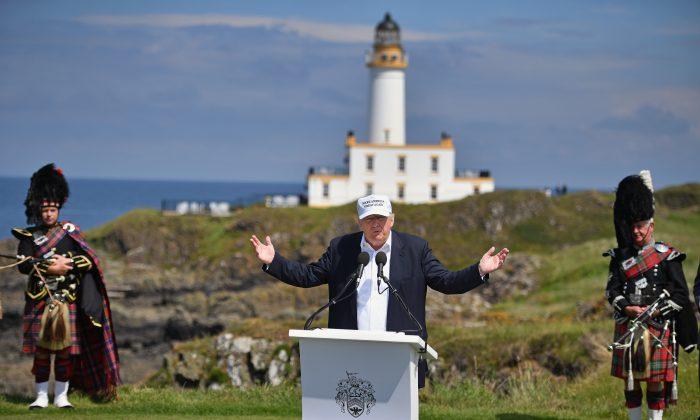
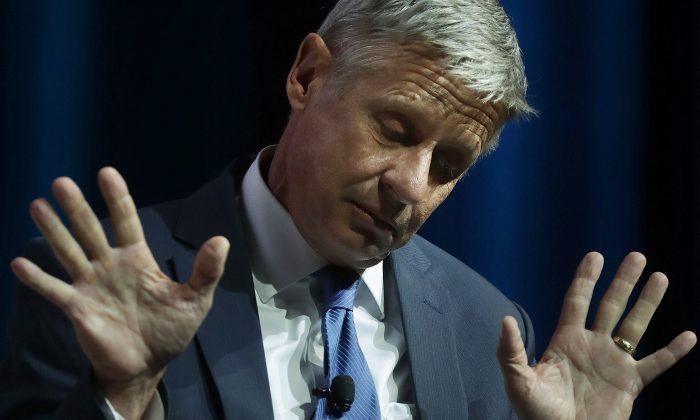
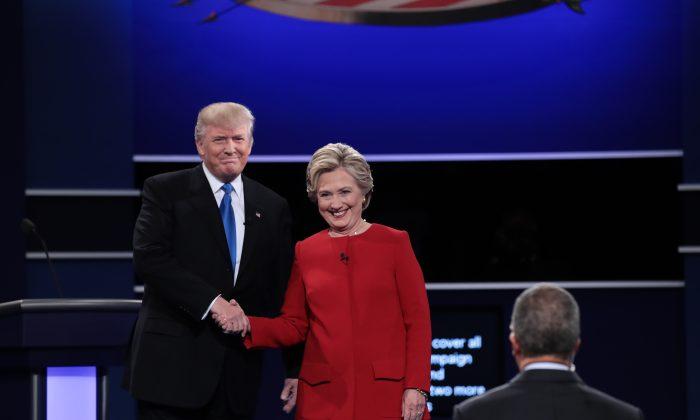
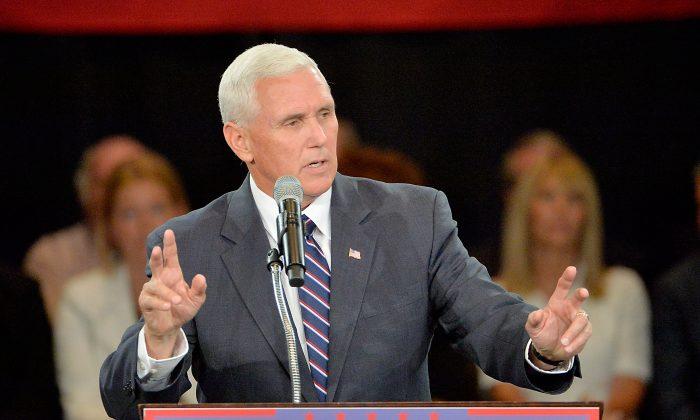
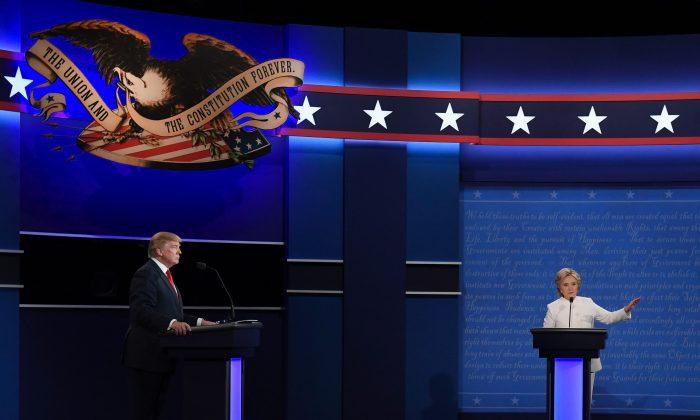
Friends Read Free